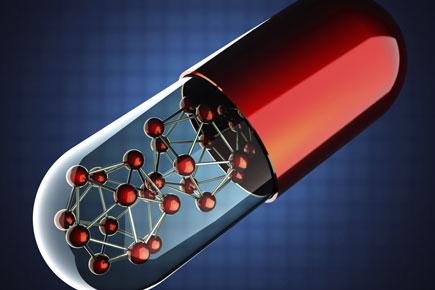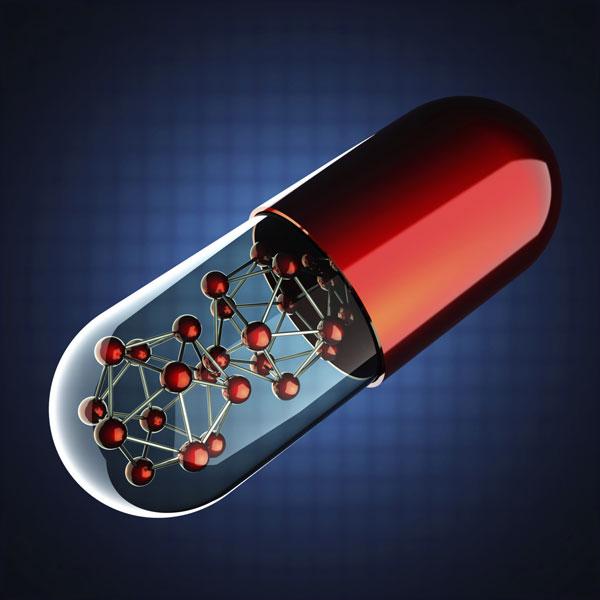This is the first time that these medicines have been linked to this condition. The strongest risks appeared at younger ages and among patients most recently exposed to antibiotics


ADVERTISEMENT
Representational picture
Washington D.C.: You may want to avoid popping those antibiotics as according to a recent study, they can up the risk of kidney stones. This is the first time that these medicines have been linked to this condition. The strongest risks appeared at younger ages and among patients most recently exposed to antibiotics.
"The overall prevalence of kidney stones has risen by 70 percent over the past 30 years, with particularly sharp increases among adolescents and young women," said study leader Gregory E. Tasian, of Children's Hospital of Philadelphia (CHOP). Tasian noted that kidney stones were previously rare in children.
Study co-author Michelle Denburg added, "The reasons for the increase are unknown, but our findings suggest that oral antibiotics play a role, especially given that children are prescribed antibiotics at higher rates than adults."
The study team drew on electronic health records from the United Kingdom, covering 13 million adults and children seen by general practitioners in the Health Improvement Network between 1994 and 2015. The team analyzed prior antibiotic exposure for nearly 26,000 patients with kidney stones, compared to nearly 260,000 control subjects.
They found that five classes of oral antibiotics were associated with a diagnosis of kidney stone disease. The five classes were oral sulfas, cephalosporins, fluoroquinolones, nitrofurantoin, and broad-spectrum penicillins.
After adjustments for age, sex, race, urinary tract infection, other medications and other medical conditions, patients who received sulfa drugs were more than twice as likely as those not exposed to antibiotics to have kidney stones; for broad-spectrum penicillins, the increased risk was 27 percent higher.
The strongest risks for kidney stones were in children and adolescents. The risk of kidney stones decreased over time but remained elevated several years after antibiotic use.
Scientists already knew that antibiotics alter the composition of the human microbiome--the community of microorganisms in the body. Disruptions in the intestinal and urinary microbiome have been linked to the occurrence of kidney stones, but no previous studies revealed an association between antibiotic usage and stones.
Tasian pointed out that other researchers have found that roughly 30 percent of antibiotics prescribed in office visits are inappropriate, and children receive more antibiotics than any other age group, so the new findings reinforce the need for clinicians to be careful in prescribing correct antibiotics.
He added, "Our findings suggest that antibiotic prescription practices represent a modifiable risk factor, a change in prescribing patterns might decrease the current epidemic of kidney stones in children."
The findings appear in the Journal of the American Society of Nephrology.
Catch up on all the latest Crime, National, International and Hatke news here. Also download the new mid-day Android and iOS apps to get latest updates
This story has been sourced from a third party syndicated feed, agencies. Mid-day accepts no responsibility or liability for its dependability, trustworthiness, reliability and data of the text. Mid-day management/mid-day.com reserves the sole right to alter, delete or remove (without notice) the content in its absolute discretion for any reason whatsoever
 Subscribe today by clicking the link and stay updated with the latest news!" Click here!
Subscribe today by clicking the link and stay updated with the latest news!" Click here!






